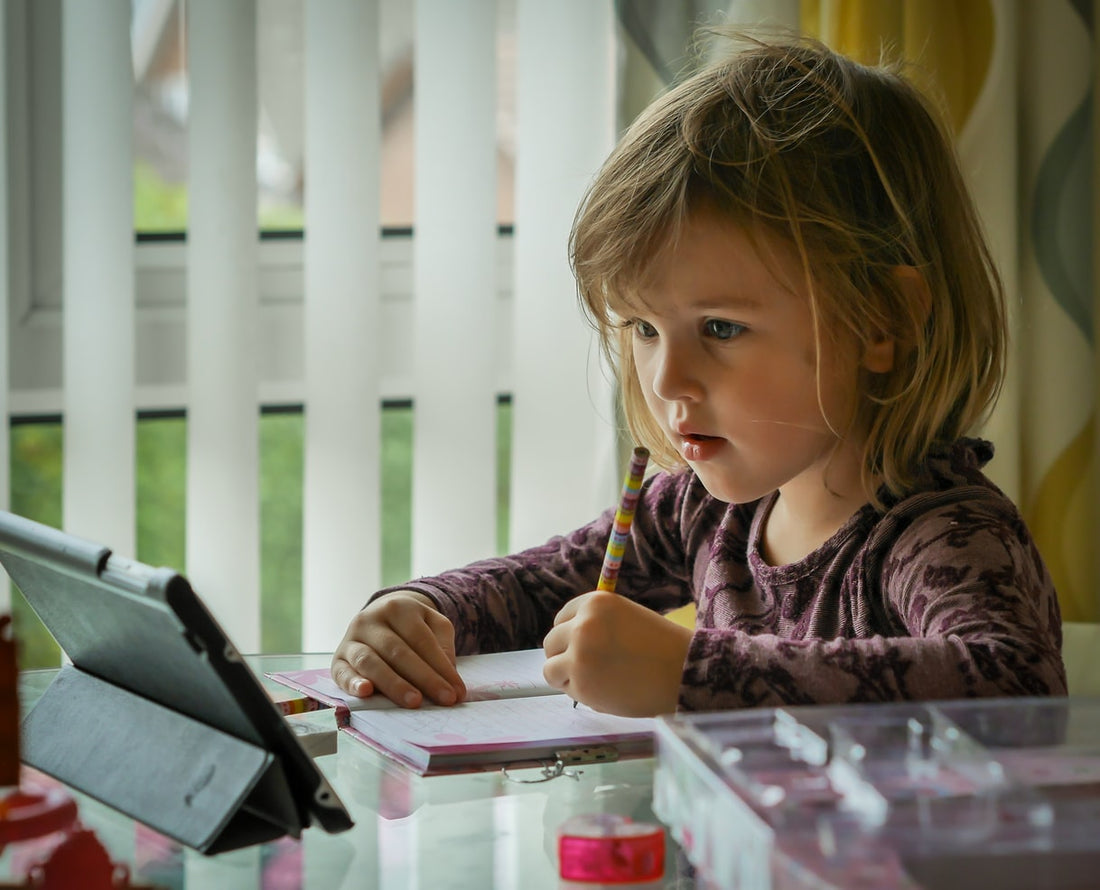School closures due to the coronavirus affected both parents and children. In order for children to adapt to this new system and to continue their development in a healthy way, they need the support of their families. Here are 5 tips to prepare your child for online learning at home.
1.Create a space for your child
If your child is learning from home full time, you should create a private, quiet space for them. Also, do not leave anything distracting around your child's learning space and turn off nearby electronic devices completely.
2.Create a schedule for learning at home
It is important to review assignments from the school and help your child for completing their schoolwork.
Develop consistent routines for your child and help them with reminders. You can motivate your child with a written schedule, pictures, or rewards. Also, arrange bedtimes for your child and wake up at the same time every day. Do not forget to add some breaks to the schedule for fun activities, free time, and outdoor activity.

3.Help your child to stay in touch with their friends
A school is a place for kids to socialize. Social ties that students have among each other have a positive effect on academic success and their psychology. Allowing and helping children to interact online with their friends might mitigate the effects of being socially distanced. Organize a daily video meeting with your kid's friend and support your child.
4.Exercise with your kid
Physical activity is a natural way to reduce stress and also necessary for the physical development of your child. Also, experts say that when children move and get their heart rate up, it has a positive impact on how they think. Set a time every day and exercise with your kid. It is also a great way for you to create a bonding with your kid.
5.Consider your child’s learning needs
Learning needs are individual and different for all kids.
Speak with your child about what they like and their struggles. Make some adjustments based on your child and also get support from your child's teachers. Spend time at the end of each day to talk with your child about the progress they made toward. If your child has some trouble focusing, allow more breaks and use a timer for that.
For children with an IEP collaborate with your child’s special education team to develop a learning plan which includes learning, social, emotional, or behavioral goals. Always check regularly about progress.

